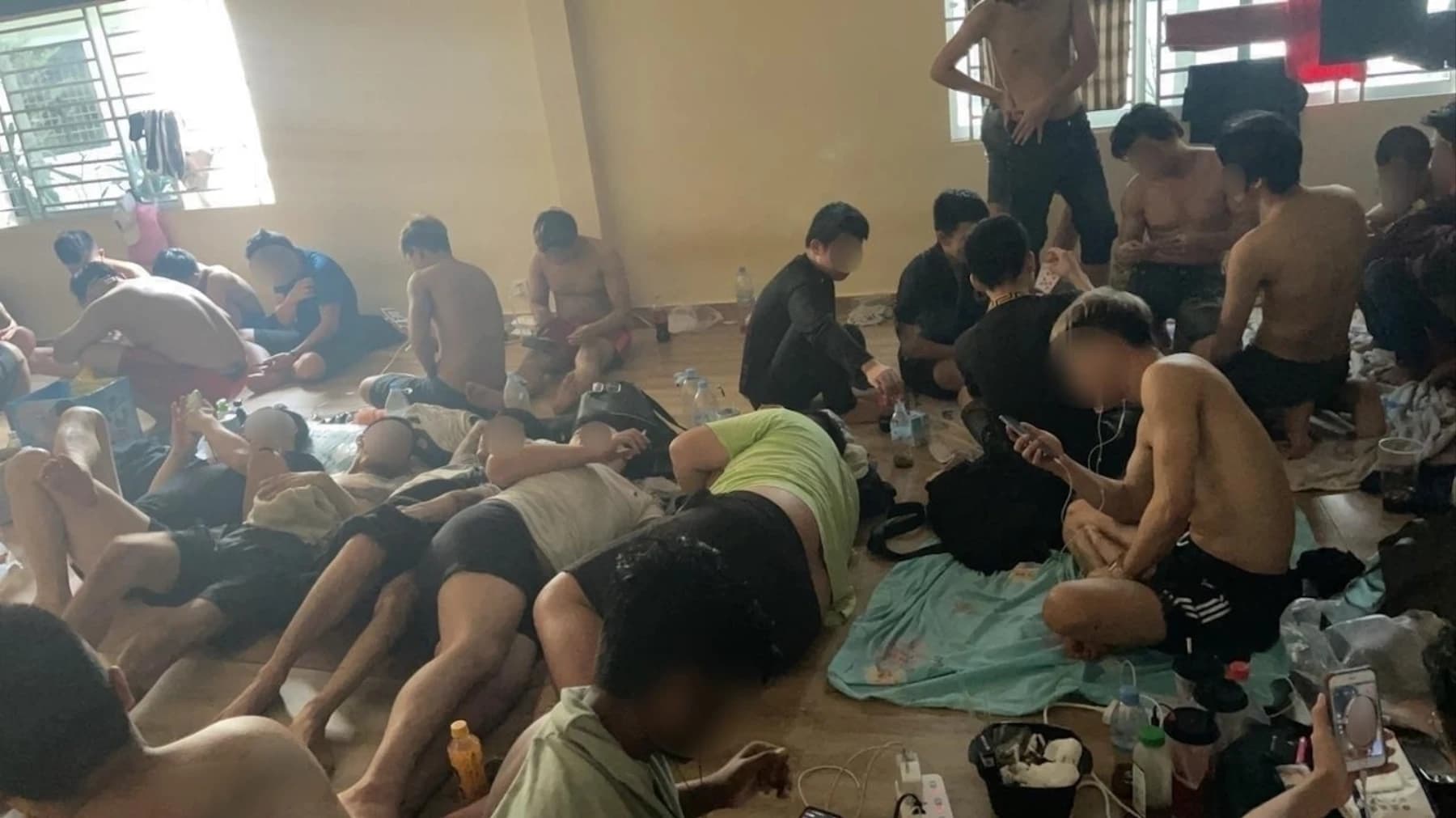We're loading the full news article for you. This includes the article content, images, author information, and related articles.
Kenyan authorities are on alert following a severe travel warning issued by South Korea for parts of Cambodia, highlighting the growing threat of international employment scams that could ensnare East African job seekers.

The South Korean government has issued a 'code black' travel ban for specific areas in Cambodia, including the border towns of Poipet and Bavet, and the Bokor Mountain region in Kampot province. This follows a surge in employment scams and detention cases targeting South Korean nationals, with approximately 80 individuals currently unaccounted for and 60 others detained by Cambodian authorities.
This development underscores a critical concern for Kenyan job seekers who often look for opportunities abroad, sometimes falling victim to deceptive recruitment schemes. The Ministry of Foreign and Diaspora Affairs in Kenya has previously cautioned citizens against unverified overseas employment offers, urging them to authenticate agencies and job details.
The Cambodian crisis gained international attention after a 22-year-old South Korean student was allegedly tortured to death in August in the Bokor Mountain region. Victims of these scams are typically lured with promises of high-paying jobs, only to be confined in compounds and forced into online fraud operations.
Witness accounts from rescued South Koreans detail brutal conditions, including torture with electric shock devices and beatings with metal pipes by Chinese supervisors, according to Yonhap News.
South Korea's top security adviser, Wi Sung-lac, has formed an emergency task force to repatriate affected citizens. However, the South Korean government acknowledges the complex nature of the crisis, noting that returnees will face investigation and judicial measures depending on their involvement in criminal networks.
In Kenya, the National Employment Authority (NEA) is mandated to regulate private employment agencies and protect Kenyans seeking overseas employment. The government has continually advised citizens to register with the NEA and verify job offers to avoid falling prey to such international syndicates.
The plight of those trapped in Cambodia highlights the vulnerability of individuals seeking economic opportunities abroad. Families in South Korea have expressed distress over the disappearance and detention of their relatives, urging their government to expedite rescue efforts.
The Cambodian scam crisis serves as a stark warning for Kenyans. The allure of high-paying jobs can lead individuals into dangerous situations, including forced labour, extortion, and human trafficking. Unscrupulous recruitment agencies often exploit desperation, making it crucial for job seekers to exercise extreme caution and verify all offers through official channels.
The full extent of the criminal networks operating in Cambodia, including their reach and connections, remains largely unknown. The exact number of individuals from other nationalities, including potentially Kenyans, who may have fallen victim to similar scams is also unclear.
South Korean officials are working towards the repatriation of their citizens by the end of this week, Thursday, October 16, 2025. Kenyan authorities are expected to continue monitoring the situation and reinforce public advisories on safe overseas employment practices.
Kenyans should watch for updated travel advisories from the Ministry of Foreign and Diaspora Affairs and remain vigilant against suspicious job offers, particularly those promising unusually high salaries with minimal qualifications. The effectiveness of international cooperation in dismantling these scam networks will also be a key area to observe.
Keep the conversation in one place—threads here stay linked to the story and in the forums.
Sign in to start a discussion
Start a conversation about this story and keep it linked here.
Other hot threads
E-sports and Gaming Community in Kenya
Active 9 months ago
The Role of Technology in Modern Agriculture (AgriTech)
Active 9 months ago
Popular Recreational Activities Across Counties
Active 9 months ago
Investing in Youth Sports Development Programs
Active 9 months ago